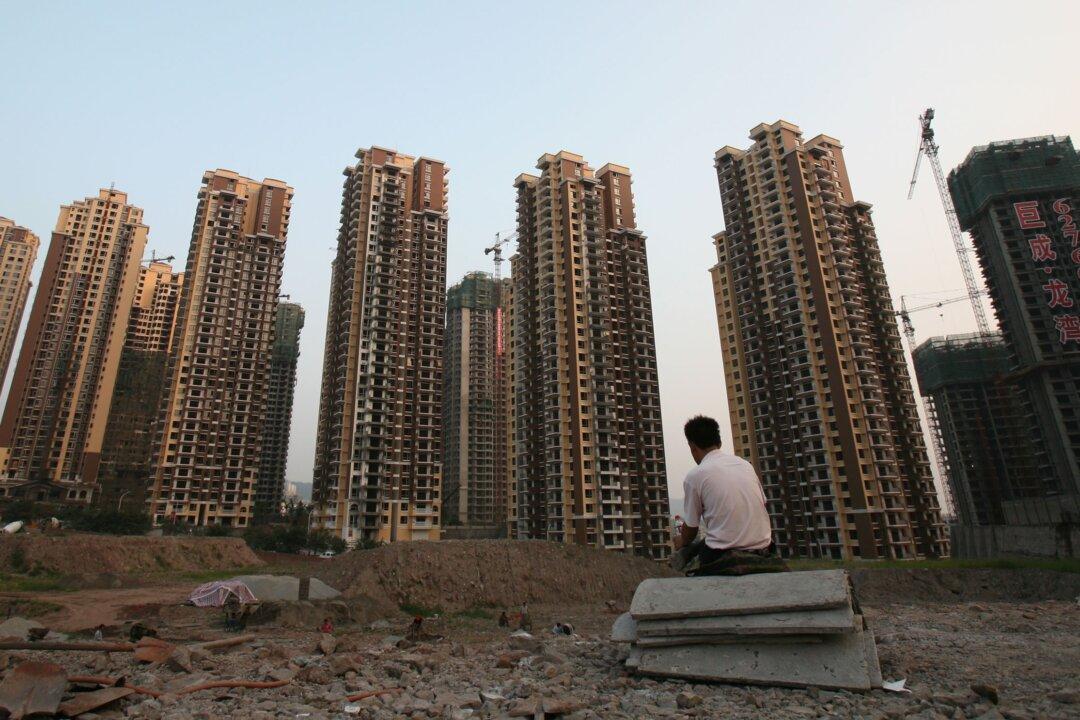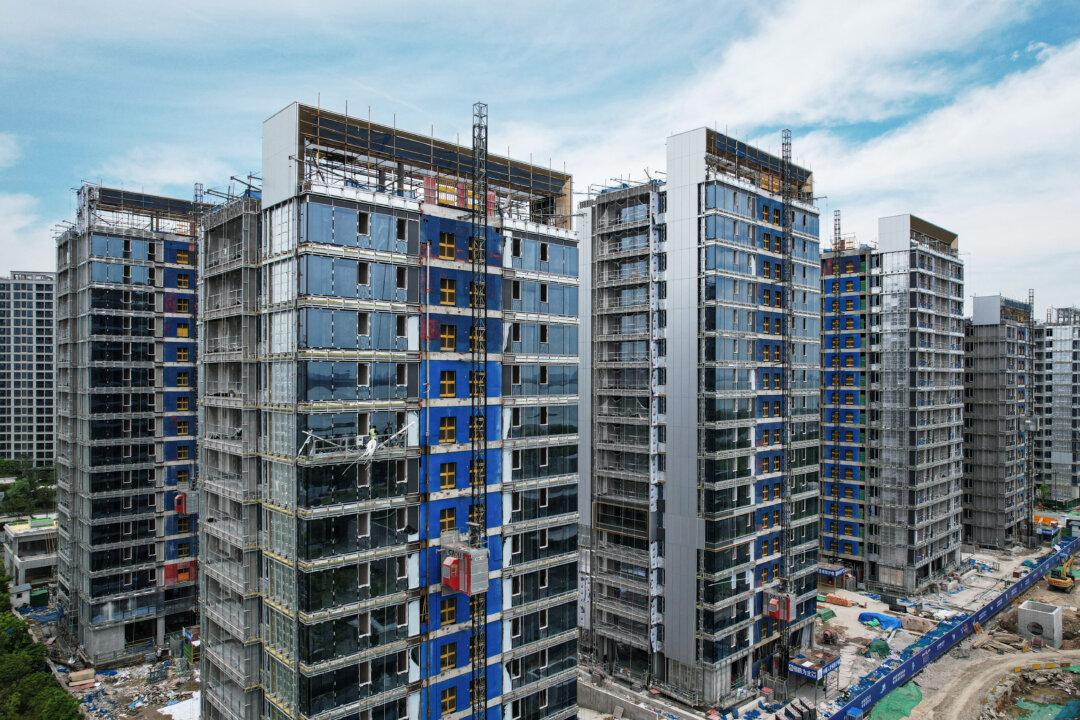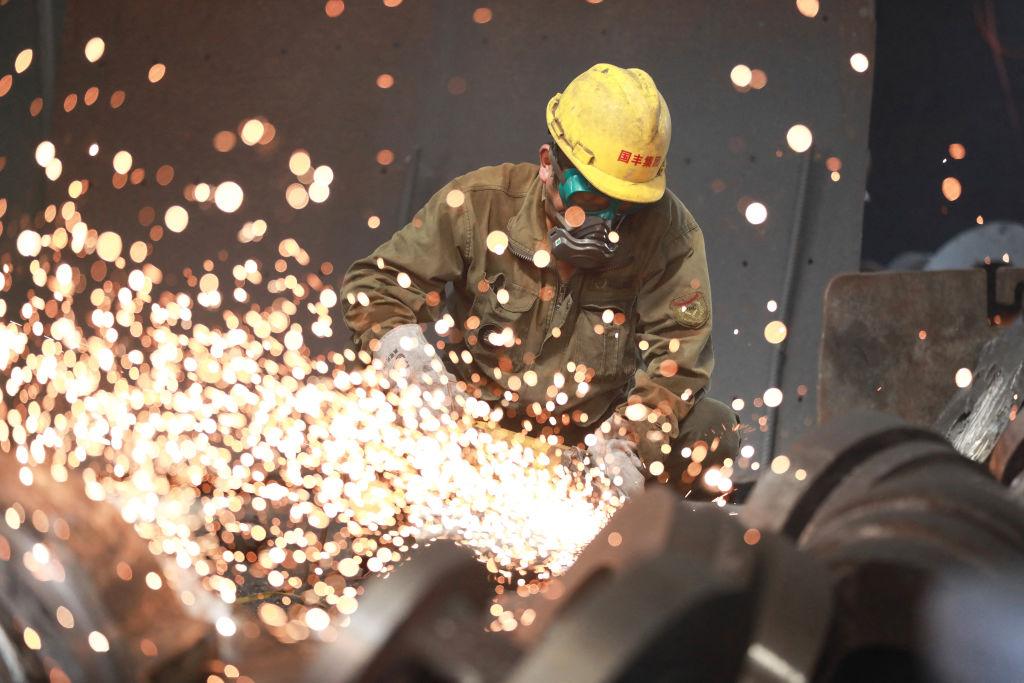News Analysis
On Feb. 20, the People’s Bank of China cut the country’s benchmark five-year loan prime rate for the first time since June 2023 as authorities moved to support the country’s faltering housing market and economy. Despite the biggest cut in history, experts have said that its effect on the housing market will be limited.





